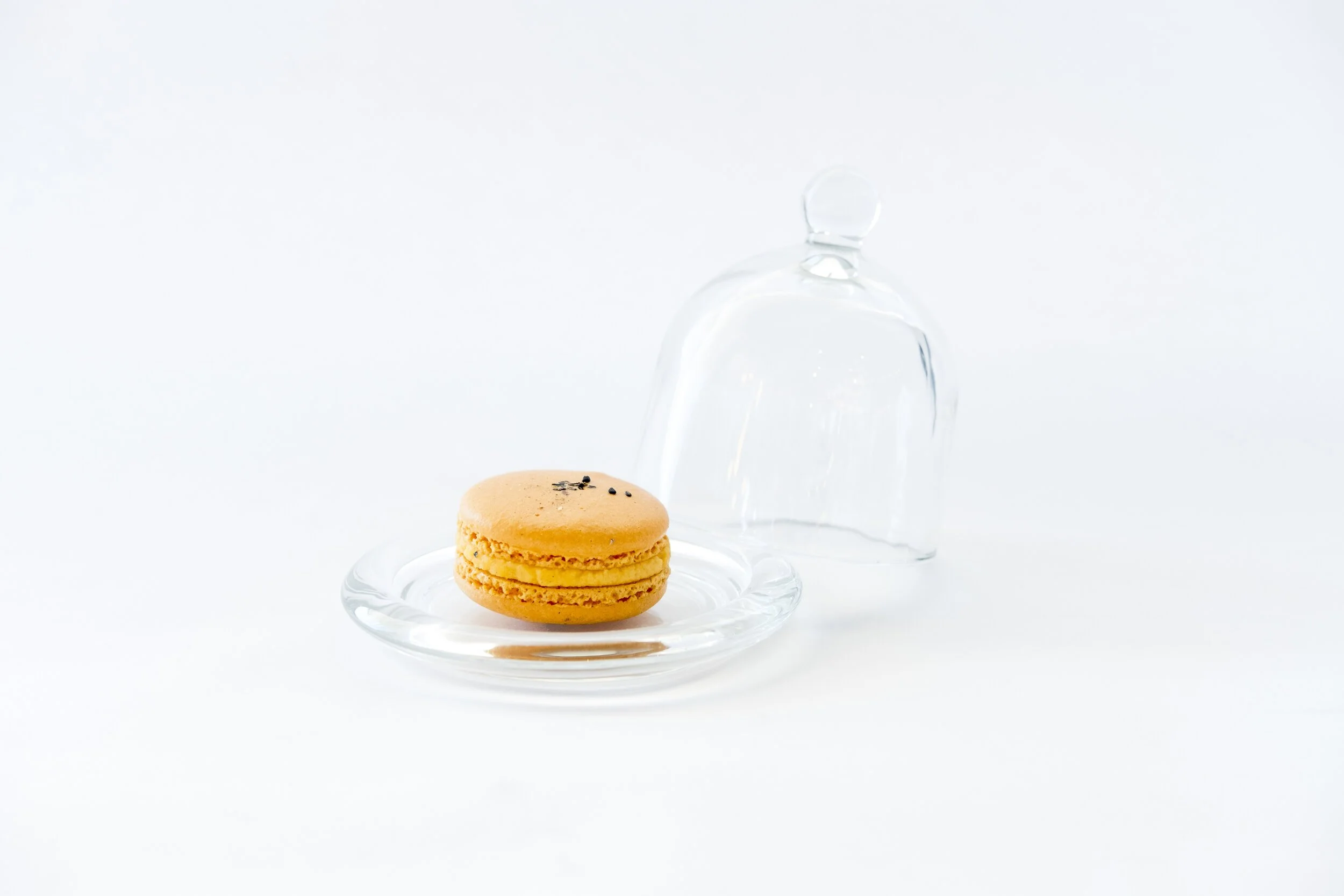Sugar: Not So Sweet for Gut Health
Elissa Goodmanis one of LA's premiere Cleanse Experts and Holistic Nutritionists focused on helping fight cancers through transformative lifestyle and diet changes. In this column, Elissa offers wisdom on nutrition, how to support a healthy immune system, and more.
Sugar eaters: listen up! With all of the recent research on the gut coming to light over the last few years, you likely now know that the status of your gut microbiome is integral to overall health. With more than 500 species of bacteria living in or on the human body at all times, bacterial cells outnumber our own cells significantly. The bacteria that reside in the digestive system affect the body (and brain!) in seemingly countless ways. They enhance the effects of vitamins, help to regulate our immune system, and control our brain function, metabolism and levels of various neurotransmitters like serotonin, which significantly impacts mental health.
With so much on the line with gut health, it is no wonder that people are getting serious about maintaining it. Probiotic supplement sales are constantly rising, with global sales expected to reach $17.4 billion by 2027. And westerners are more obsessed with fermented (aka high good bacteria) foods than ever before, now that we know what incredible benefits they provide for the gut microbiota. But what many people do not yet realize is that preventative measures must also be taken to ensure that our gut is in optimal health. One of the effective measures to implement as soon as possible is limiting sugar intake.
Ultra processed sugar wreaks havoc on the digestive system. It feeds the growth of damaging organisms like yeast, candida and bad bacteria, which can seriously harm the gut. Bad bacteria produce toxins, called exotoxins, that damage healthy cells and can physically bore a hole into your intestinal wall. This can lead to leaky gut, which is when toxins, partially digested food and dangerous bacteria slip through the intestinal wall and penetrate the tissue and bloodstream beneath it. This can cause a slew of issues like widespread inflammation, obesity, skin problems and more. An overgrowth of bad bacteria can also lead to disorders like Irritable Bowel Syndrome, SIBO, depression, chronic inflammation, and even cancer.
It is important to make the distinction between naturally occurring sugar in foods like fruit and added sugar. Naturally occurring sugar in its whole form (aka beets, bananas, and apples, etc.) are fine. When I say be mindful of how much sugar you are consuming, I am talking about added sugar. However, I am not only referring to the white sugar that you may be adding to your morning cup of coffee (which I recommend nixing!). There is added sugar hidden in many of the food items we eat on a daily basis, and we do not even realize it! That is because many companies are aware of the negative effects of sugar, so they use other forms of it in order to prevent us from recognizing the ingredient names when we see them. A good rule of thumb for keeping track of your sugar intake is to always read the ingredients on the back of any food or beverage label that you are considering buying. Any ingredient that ends is “ose” can be assumed to be a sugar. Below is a list of other names for added sugar:
Anhydrous dextrose
Brown sugar
Confectioner’s powdered sugar
Corn syrup
Corn syrup solids
Dextrose
Fructose
High-fructose corn syrup (HFCS)
Invert sugar
Lactose
Malt syrup
Maltose
Molasses
Nectars (for example, peach or pear nectar)
Pancake syrup
Raw sugar
Sucrose
Sugar
White granulated sugar
It is ideal to limit your intake of added sugar to no more than 25 grams per day. To put that into perspective, the average added sugar intake per person in the US is currently around 77 grams per day. If you do want to add a hint of sweetness to your afternoon tea or need a healthy sugar alternative for something you are baking, I recommend going with a natural sweetener that does not spike blood glucose levels or provide an easy source of food for bad intestinal bacteria to feed on. The healthiest sweeteners are pure stevia leaf extract, monk fruit (sometimes called luo han guo), and lucuma. While sugar may feed the damaging bacteria in the intestinal tract, these three natural sweeteners possess antimicrobial compounds that may actually help to inhibit bad bacteria like candida and maintain bacterial balance.
Be sure that you are only buying pure stevia – if it says anything different or just ‘stevia,’ there may be unnecessary additives or it may be highly processed, which negates all of its benefits. In terms of monk fruit sweetener, I absolutely love the brand Lakanto – I use it in my own cooking constantly and in my cleanses regularly.

